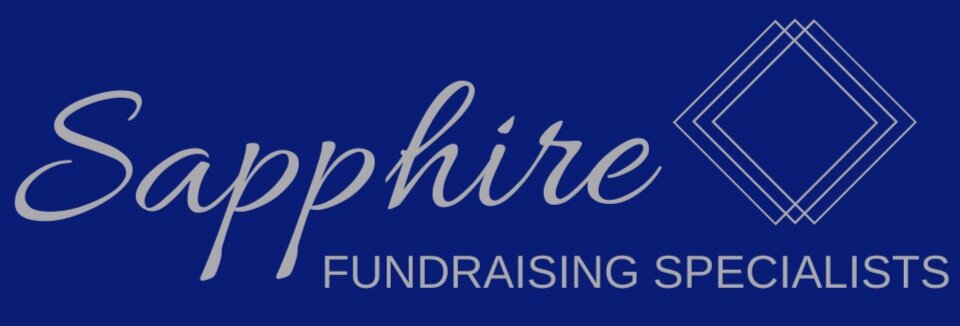It’s Not About the Ask, It’s About the Relationship
I’m often asked – what are the skills that make a great fundraiser?
There are a lot that can make someone effective and successful, but there are two areas that stand out above – being a great listener and being great at building relationships.
They go hand in hand.
Years ago, I was working at one of my nonprofit events. Before guests showed up, I was skimming my remarks for last-minute edits, reviewing the guest list, scanning the room to see if any trash need to be picked up, and a little nervous that no one would show.
But then people did.
And just a few minutes later, the room was packed. People were schmoozing and the volume grew. I stood near the entrance at first, greeting every single person that entered.
Eventually, I was pulled into a conversation with a donor who wanted to ask me several questions. I knew this reception was only going to last another 20 minutes before we’d have to find our seats for the main program, and this particular donor was taking up too much of my time.
I said, as politely as possible, let me write these questions down (which I did), let me look up the answers (which I did) and let me get back to you on this in a few days. Can I call you Friday to talk more?
He said, of course – I know you’re busy right now. So I separated myself and moved onto the next huddle of folks. Said hello to everyone and made sure they all knew who I was. Someone even looked me in the eye and said – I owe you money for my annual gift, right?
And I looked back, sure do. Do you want to take care of that tonight, or can I call you tomorrow? He said, call me tomorrow (and I did).
I left that conversation to move on to the next, until I had spoken to each person that evening.
The next few days were filled with follow-up calls.
To the person who had all the questions.
To the person who had to pay their pledge.
To even the people who didn’t attend and I didn’t get a chance to meet, but wanted to make sure I knew who they were and they could get an update on the event.
Why did go up to every person?
Because I wanted to make sure they knew me. That we could form that relationship. That when I called or emailed or scheduled a meeting or asked for a larger gift, they already knew me. They trusted me.
We say it all the time, but it’s true – fundraising is about building relationships.
It is SO much easier to solicit a donor for money when you already know them. They already know, like and trust you.
Trust me!
But let’s be real for a second - we’re in the middle of a major generational shift in the workforce.
Younger staff are bringing fresh ideas, digital fluency, and a strong values-driven approach. But many of them also struggle with one of the most essential parts of fundraising: talking to donors across generations.
It’s not about lack of effort. It’s about different life experiences.
📵 Many never had a home landline phone. They never had to first speak to the parents of their friends when calling them on the phone.
📲 They grew up with apps and texting. Ordering food, making appointments, even forming relationships happens without speaking to another person.
😷 Their formative years—high school, college, first jobs, internships—were shaped by COVID. Social distancing meant fewer events, fewer informal networking opportunities, fewer chances to build interpersonal confidence.
Meanwhile, donors—especially major donors—tend to be from older generations who still value voice calls, in-person events, handwritten notes, and being asked thoughtful questions.
The result? A disconnect that affects morale, retention, and fundraising outcomes.
Last month, I wrote about the outdated idea that overhead costs are bad. Let me say it again here: that excuse is a farce.
If your nonprofit wants to grow, thrive, and build a sustainable future, investing in your staff is not optional—it’s essential.
This is especially important for early-career fundraisers. If they struggle with phone calls, small talk at events, or Zoom donor meetings, it doesn’t mean they’re unqualified.
It means they need training that meets them where they are and helps them grow.
That’s why I created Gen Z’s Guide to Donor Conversations—a live, interactive course designed for early-career fundraisers who want to strengthen their interpersonal communication skills and build confidence with donors of all generations.
Whether you’re onboarding a new development associate, investing in a high-potential staffer, or strengthening your whole fundraising team—this course is for you.
